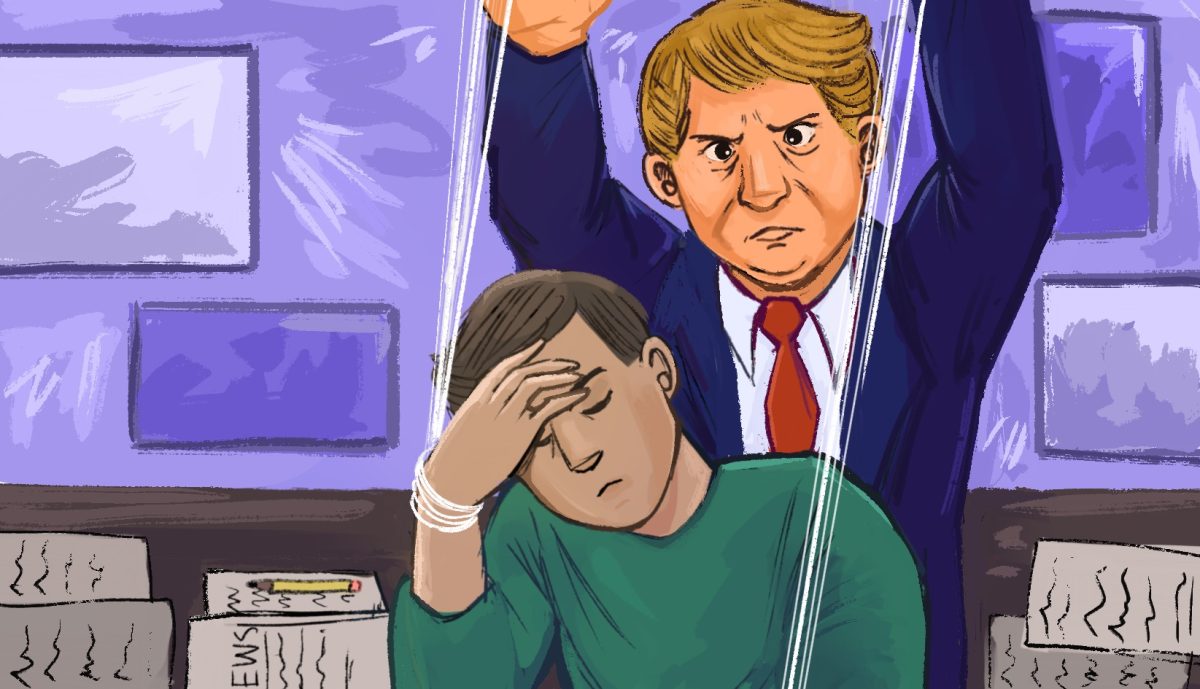During the 1930s, Upton Sinclair, author of “The Jungle,” defined the term “white-collar workers” as individuals who do not use manual labor while working at their daily jobs. Those who do use manual labor every day would be classified as blue-collar workers. The short supply of blue-collar workers will affect the future of Minnesota negatively—as well as all of America.
As we have industrialized, a dramatic plummet has occurred in the amount of people who take blue-collar jobs. Thanks to machinery, technology, and industrialization, an abundance of jobs have sprung up that do not depend on manual labor. More people are going to college to study business or computer science than agriculture, cookery, or even plumbing. Without the value of learning blue-collar skills, a majority of high school students will be (and are) less self-sufficient.
Think about it: could you cook yourself a substantial dinner without recipes? Could you repair a wooden desk or build your kids a treehouse? Why doesn’t the Edina school system offer a woodshop class? If one of your toilet’s pipes exploded or your car overheated, would you be able to fix it on your own? Junior Kalley Norr said, “No…Do I look like a mechanic?” According to the College Board, one-half of all plumbers earn more than $50,000 a year, so why the aversion? Also, if we are going to mature and learn new skills, we should start with the basics. So what if you know what the cotangent of three hundred and twenty seven degrees is?
If, by the time they are eighteen, teenagers cannot cook, build, or even sew for themselves, they cannot truly take care of themselves. It is very important to be able to apply skills you learn in your English or math classes, but when everyone decides to major in computer marketing because they have no experience with blue-collar skills, who will end up producing our food? Who will fix your electric circuit when a fuse blows up? If high school students are not shown or taught blue-collar skills, they will have no interest in working blue-collar in the future.
There comes a time when you need to decide for yourself what is more important. Do you actually want to learn basic blue-collar skills, so you can fend for yourself? Can you actually do anything involving manual labor, or do you just not care?
Because high school students are not learning basic skills for when they are older, America will shortly become extremely reliant on technology. Heck, America already is heavily reliant on technology. What happens if that technology malfunctions or is taken away, and no one professionally knows how to process food, build, or repair?





